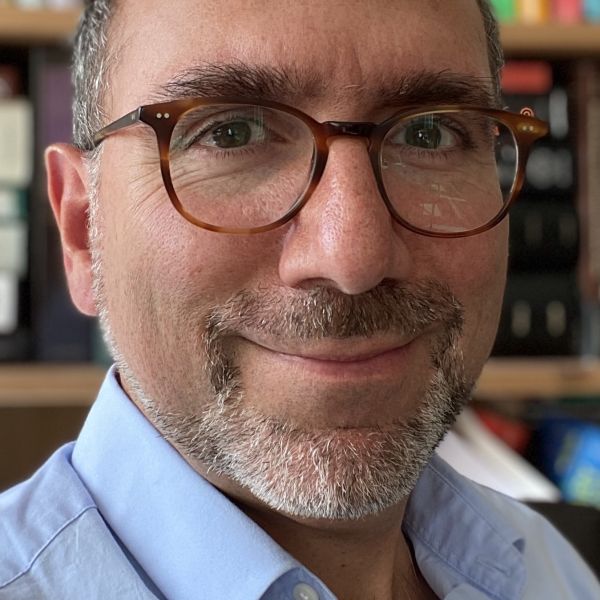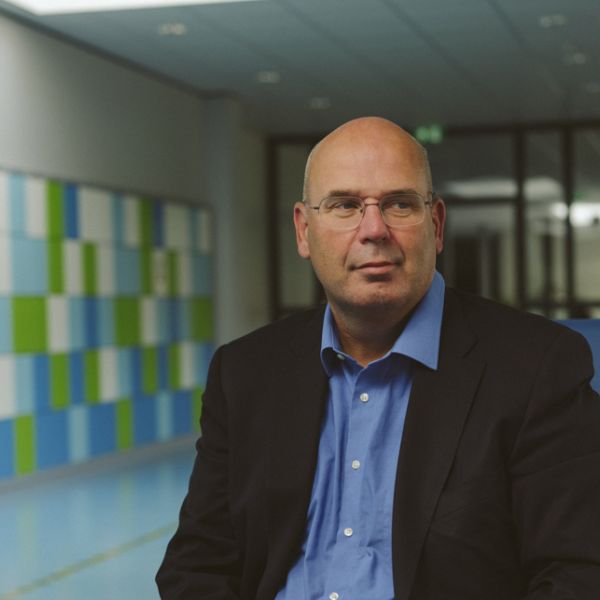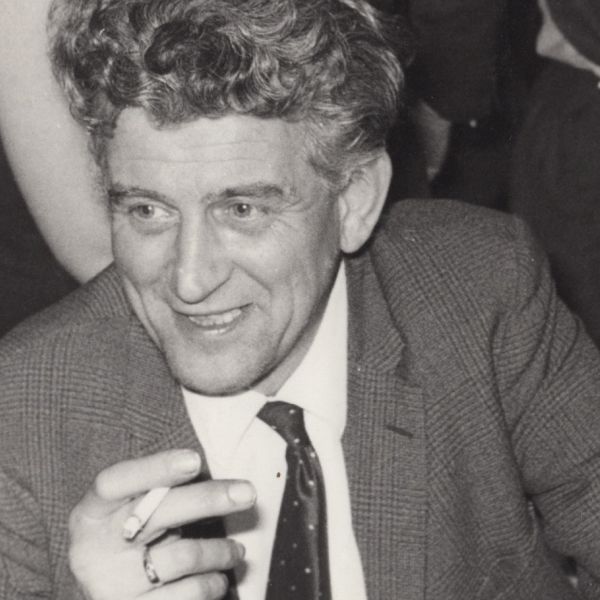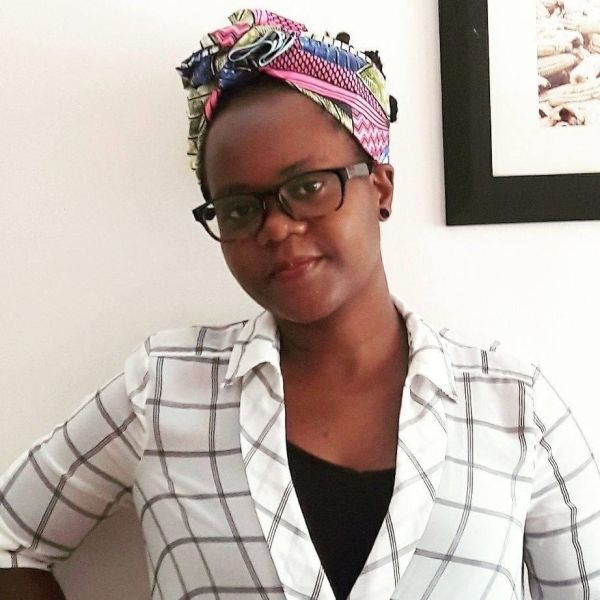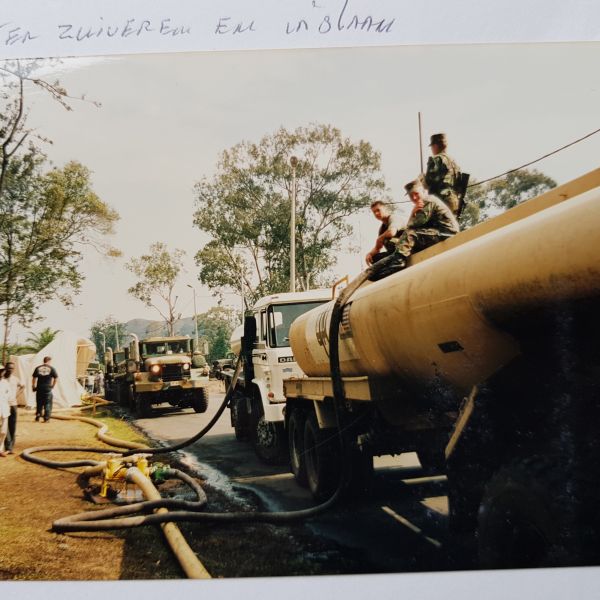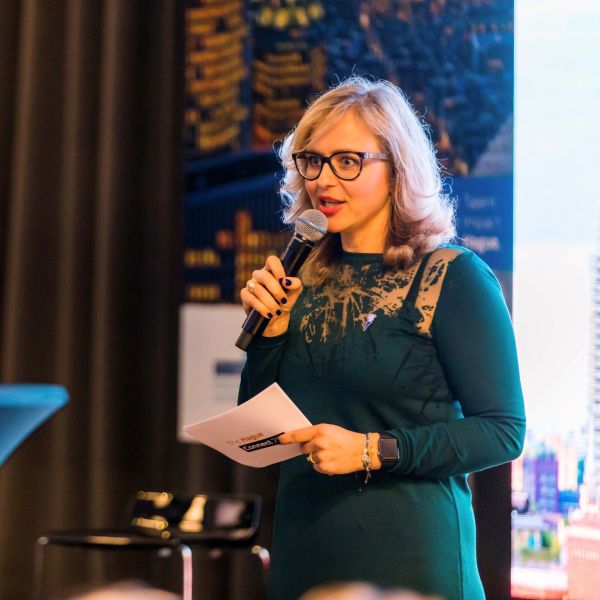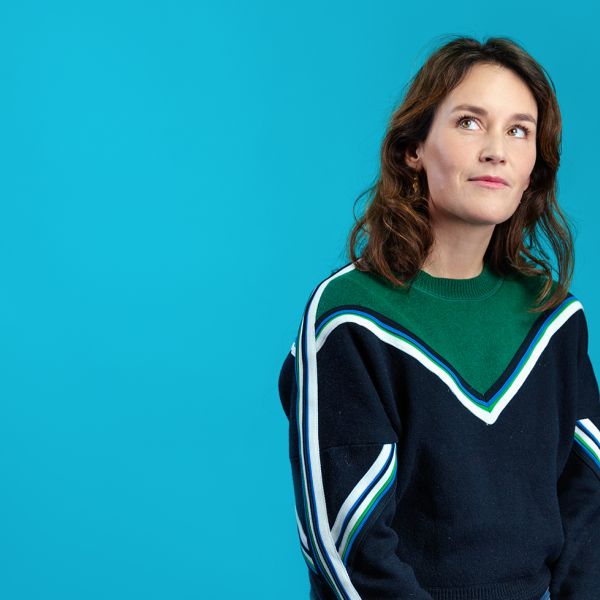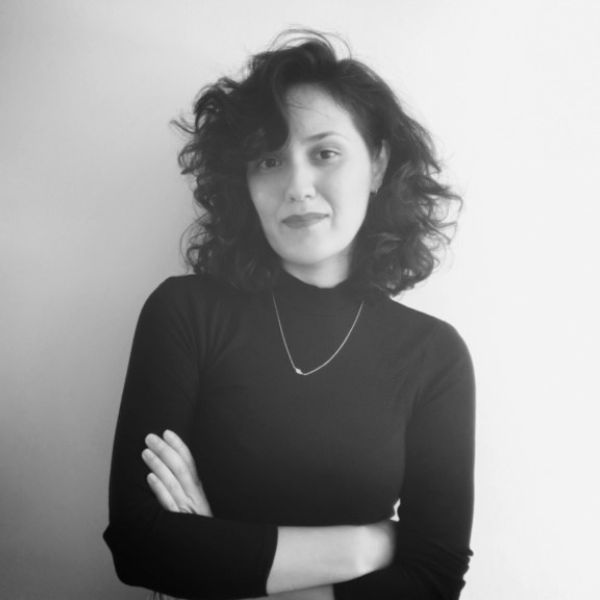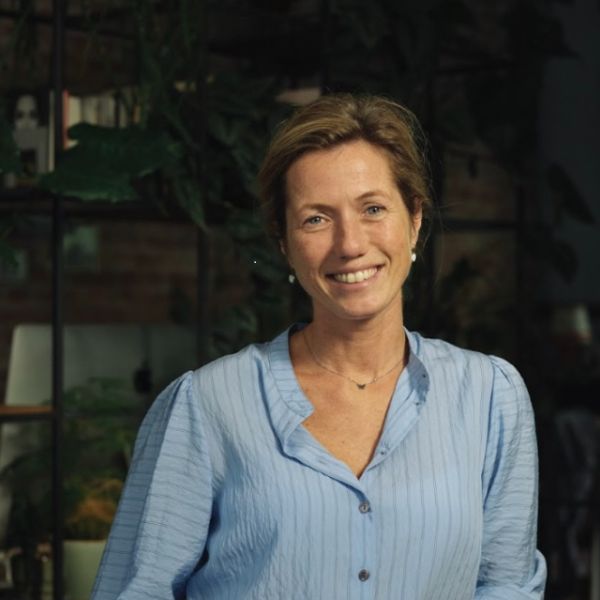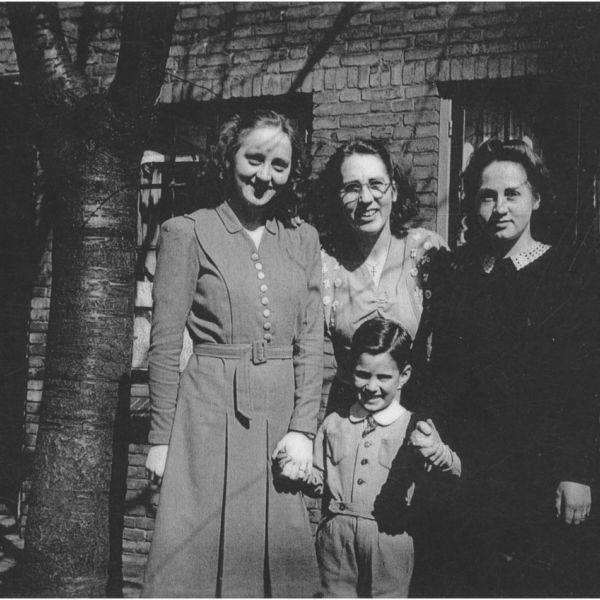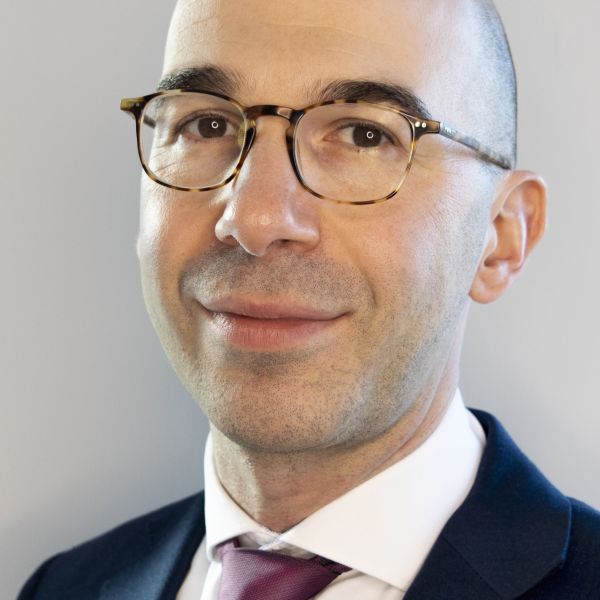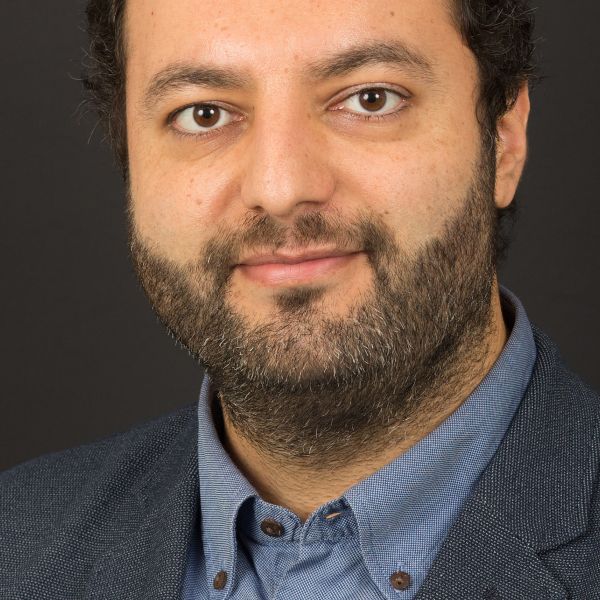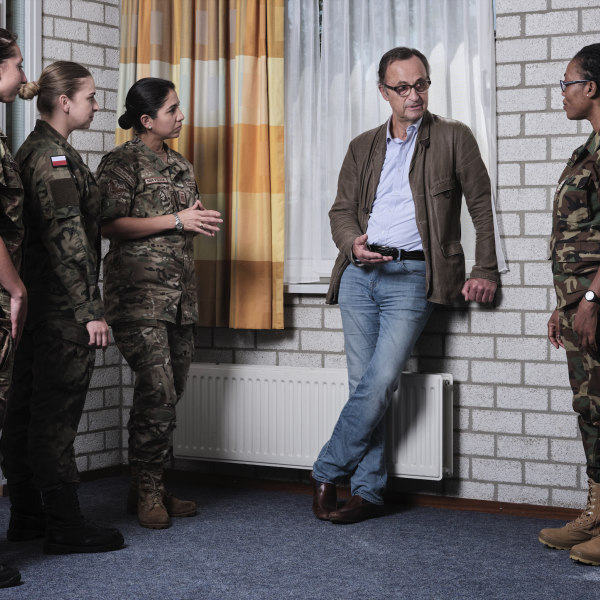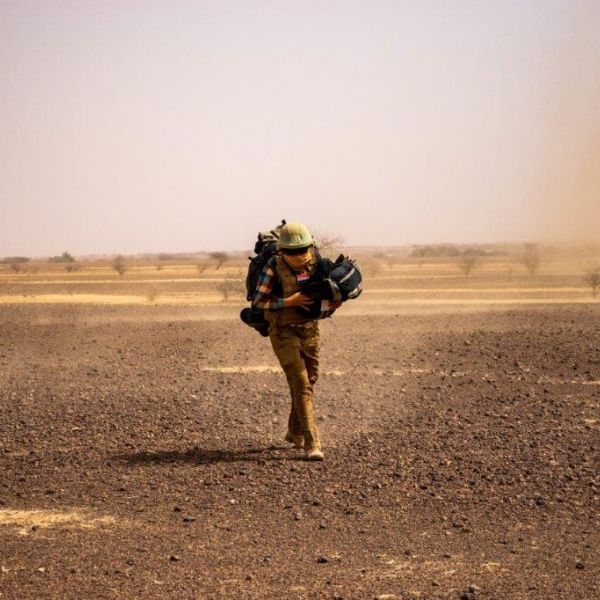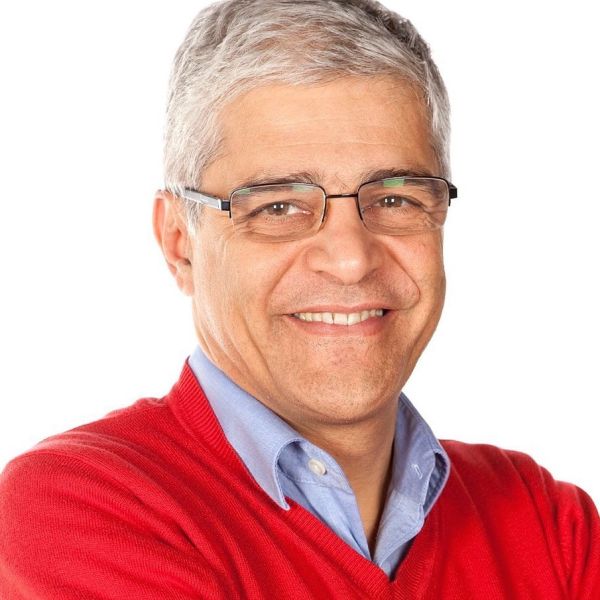75 jaar VN in 75 Verhalen: Sinan Can
In his film Our Mission in Afghanistan, documentary film-maker Sinan Can (1977) investigated what came of the Dutch contribution to the UN reconstruction mission there.
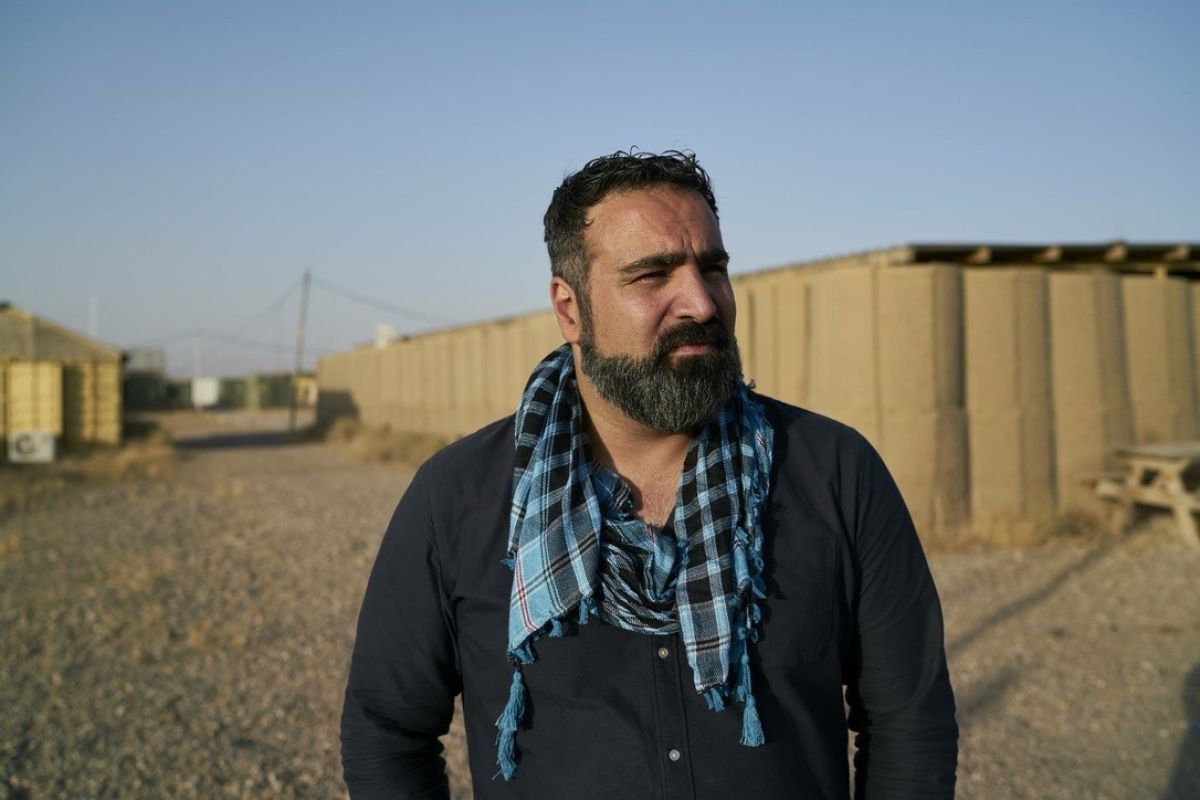
“You are in Hell when no one sees that you are suffering”
Dutch troops began participating in the NATO mission in Afghanistan in 2003. American intelligence services believed that Osama bin Laden was behind the terrorist attacks of September 11, and that he was in hiding in Afghanistan. Shortly after the attacks, the United States launched Operation Enduring Freedom in Afghanistan. NATO member states quickly expressed their support. For the first and only time in the history of the alliance, an attack on one member state was considered to be an attack on all member states. The NATO member states invoked Article 5 of the Treaty, which reads:
“Consequently [the Parties] agree that, if such an armed attack occurs, each of them, in exercise of the right of individual or collective self-defence recognised by Article 51 of the Charter of the United Nations, will assist the Party or Parties so attacked...”
After the Americans ousted the Taliban, who were supporting bin Laden, the UN sent troops to Afghanistan to stabilise the situation and rebuild the country. Dutch participation in this mission was a frequent source of political controversy, for instance when the Netherlands deployed troops in 2006 to help train police and military personnel in Uruzgan.
“I’m happy to say that I am constantly meeting people who show their humanity despite the circumstances”
“As a journalist, I could only observe that the UN reconstruction mission in Afghanistan was a failure: projects were broken off, schools were used for other things. But that’s at the macro level; at the micro level, good initiatives did arise. Like the one water well in a village that made the farmers there very happy. These stories move me, and give me hope.
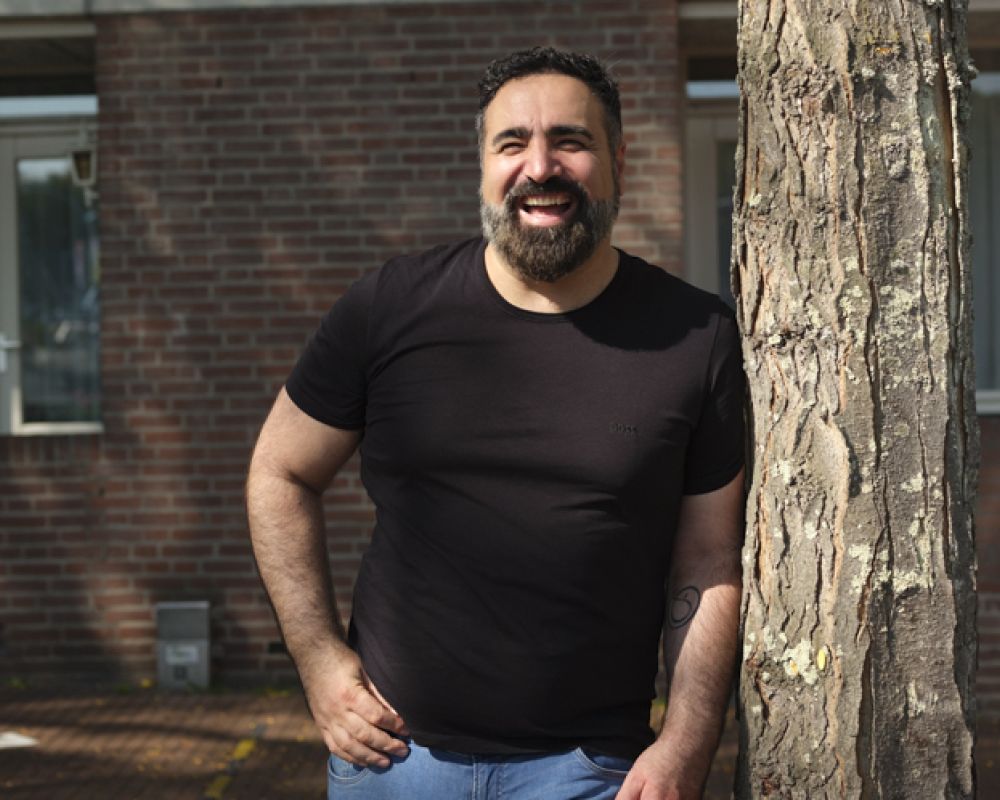
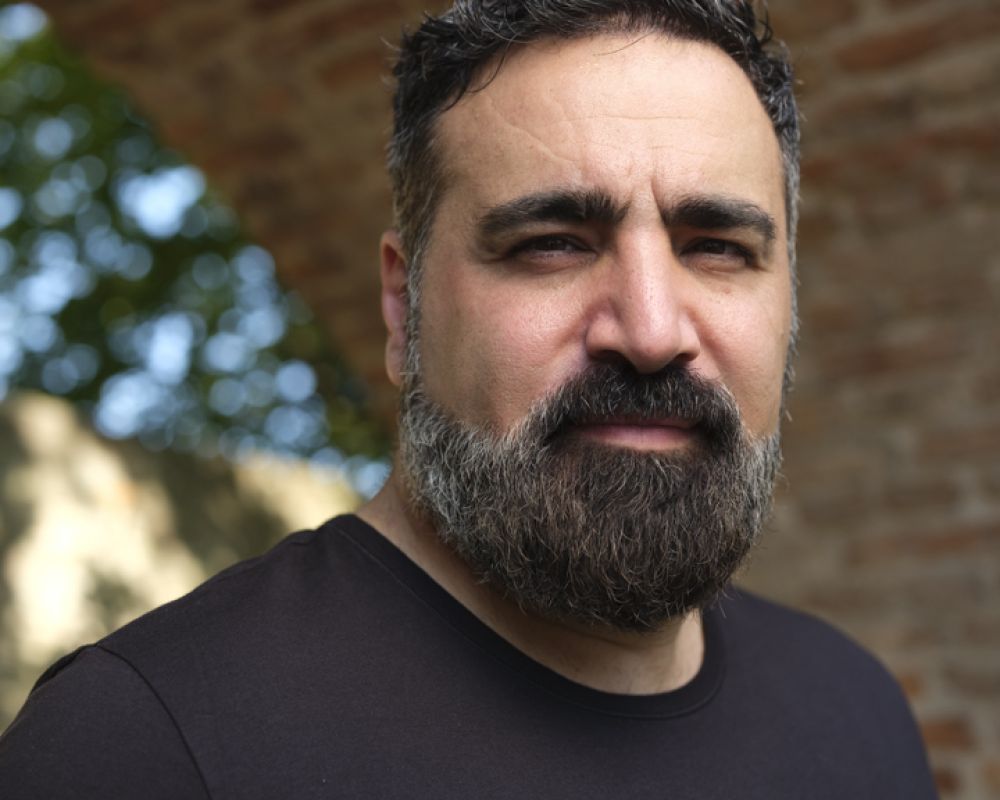
We were completely unable to solve the big problems there, but sometimes we did make a little difference in people’s lives. It helps to put yourself in the place of the people there, then you understand their choices much better. If you’re the UN, don’t just go there and build a girls’ school, but first get into understanding the reasons why parents there don’t let their girls go to school. Then spend some time getting the parents to understand how important it is for girls to get an education.
There were many moments that I felt like I wanted to give up my work, including because of the danger. But a wise Iraqi man once told me, ‘You are in Hell when no one sees that you are suffering.’ It’s critical that journalists go there and let these people be heard. I want to show people in the Netherlands how things are going there.
The only way I can keep on doing my work is if I can also mean something to the people there. Right now I’m helping an orphanage in Afghanistan. That’s where I met three-year-old Fatima, who is half-paralysed. She was abandoned by her parents, left behind in a ruin in temperatures ten below zero. She was only found because she was making noises. I want to do something for her, and I’m not the only one. I’m happy to say that I am constantly meeting people who show their humanity despite the circumstances. My work has shown me the darkest side of humanity, but I have also found people with a moral compass. Believe me, there is still enough solidarity and humanity in the world.”
There is only one place on earth where nearly all the nations of the world sit around the table: the United Nations. The UN focuses on issues that transcend the borders of countries or even affect the entire world, such as peace and security, climate change, education, health, cultural heritage, economic development, and more. To many, the work of the UN seems very abstract, but by engaging with rescue workers, peacekeepers, aid workers, diplomats, eyewitnesses, soldiers, and others involved with the UN, it becomes clear how important the work of this organization is. This is exactly what Humanity House has done. Unfortunately, this organization had to close its doors, but Just Peace and Museon-Omniversum have teamed up to preserve their stories. You can now find these stories on Just Peace's website, and some of them are also included in an exhibition about the UN at Museon-Omniversum.
The 75 Years of UN Stories were collected and curated by Frederiek Biemans for Humanity House.
